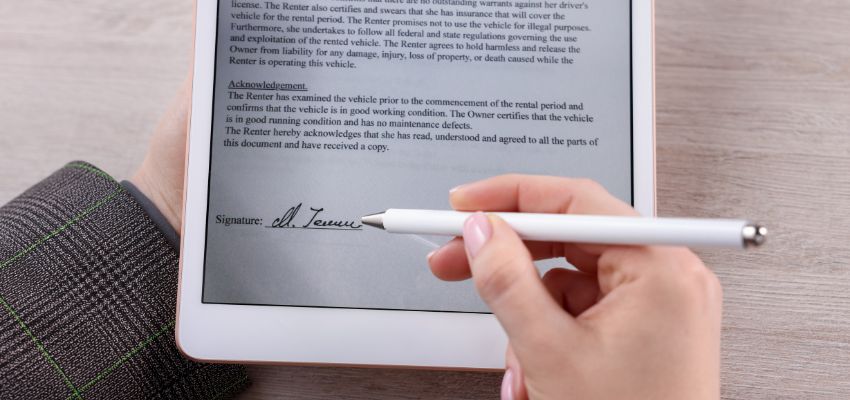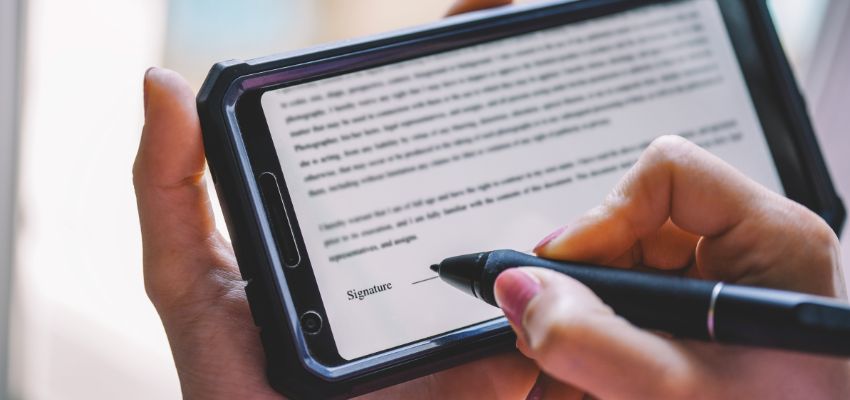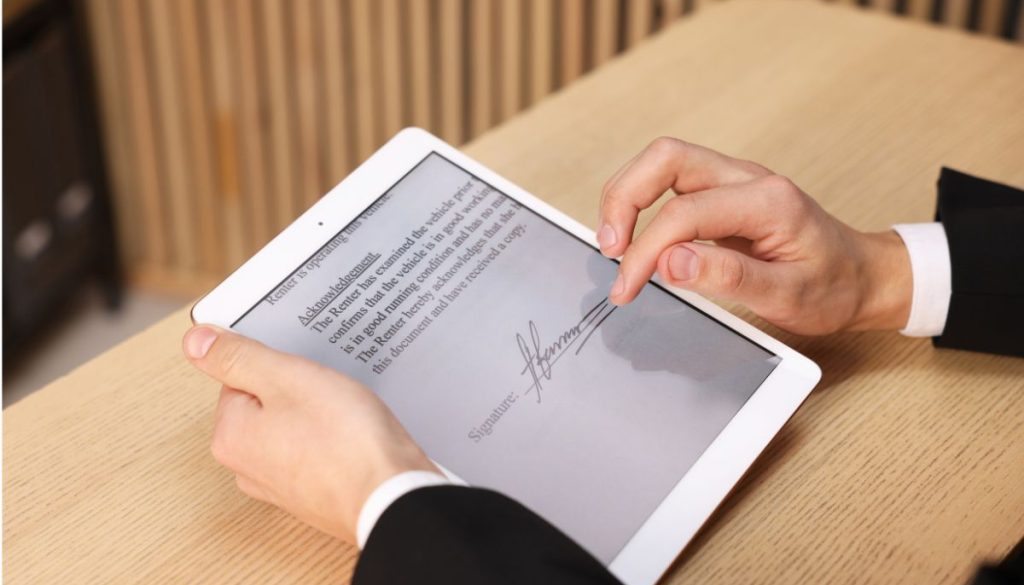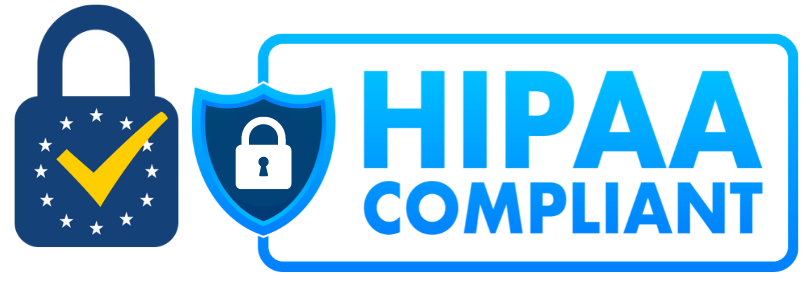Electronic Signature Laws by State Explained Simply
Ever wondered if your electronic signature holds up in court? You’re not alone. With contracts zipping through inboxes and business going paperless, understanding electronic signature laws by state is more important than ever.
But here’s the catch, these laws aren’t one-size-fits-all. Each state has its own take, and missing a detail could cost you. Whether you’re signing a lease in California or closing a deal in Texas, knowing the legal ground you stand on is crucial.
This guide simplifies the confusion, breaks down key differences, and empowers you to sign smart, wherever you are. Ready to master the digital dotted line?
What Are Electronic Signature Laws
Think your digital scribble on a contract is just a formality? Think again. In the U.S., electronic signature laws ensure your digital “yes” carries the same legal weight as pen and ink, most of the time.
But here’s where it gets tricky, while federal law recognizes e-signatures, the enforcement details vary by state. Understanding these nuances can save you from legal missteps, delayed deals, or worse, invalid contracts. Whether you’re a business owner, freelancer, or legal pro, knowing the landscape of electronic signature laws by state is no longer optional.
It’s a modern must-have.
The ESIGN Act: Your Federal Foundation
The ESIGN Act of 2000 made e-signatures legally valid across the U.S., putting digital agreements on par with handwritten ones. Think of it as the law that gave legitimacy to clicking “I Agree.” It ensures that no contract can be denied enforceability just because it’s electronic.
However, it mainly governs interstate and international commerce. Want to use an e-signature for a local lease or employee agreement? That’s where state law steps in. ESIGN laid the groundwork, but you still need to know what’s happening in your specific state to avoid hidden legal potholes.

UETA: The State-Level Reinforcement
Most states (except New York) have adopted the Uniform Electronic Transactions Act (UETA), a law that mirrors ESIGN in many ways. It fills in where ESIGN leaves off, mainly for transactions within a single state. UETA ensures that electronic records and signatures can’t be denied legal effect just because they’re digital.
But here’s a twist: not all documents qualify. Birth certificates? No. Wills? Also no. UETA was designed to modernize transactions, but not at the expense of sensitive life-and-death paperwork.
Still, for day-to-day business contracts, UETA keeps your digital dealings legally sound.
New York’s Different Path: ESRA
Welcome to an exception, in case you are doing business in New York. New York, in place of the UETA, uses the Electronic Signatures and Records Act (ESRA). The same outcome, predominantly legitimate electronic signatures, yet with a twist of its own: an electronic facilitator appointed by the government regulates one digital practice.
ESRA does not apply to wills or end-of-life documents, although in most business and government dealings, your e-signature is gold. The provisional aspect that is unique with ESRA is the nature of its structure which is government-led, and an aspect you will not get in other states. That is why New York is more conservative and more progressive in terms of digital documentation.
What Can’t Be Signed Electronically?
Document Type | Can Be Signed Electronically? | Why or Why Not? |
Wills | ❌ No | These require in-person signing due to legal sensitivity and risk of fraud. |
Birth Certificates | ❌ No | Must be signed and filed in person for identity and legal accuracy. |
Death Certificates | ❌ No | Requires official verification and documentation that can’t be done electronically. |
Marriage Licenses | ❌ No | Usually needs in-person appearance to verify identity and consent. |
Divorce Decrees | ❌ No | Court-ordered documents typically require physical signatures and appearance. |
Adoption Papers | ❌ No | High legal and emotional importance; in-person procedures are mandatory. |
Business Contracts | ✅ Yes | Can be signed electronically if both parties agree. |
Rental Agreements | ✅ Yes | Legally valid with e-signatures in most states. |
Sales Agreements | ✅ Yes | Commonly signed online for convenience and speed. |
Employment Documents | ✅ Yes | E-signatures are widely accepted for HR and onboarding documents. |
Court Submissions | ❌ Sometimes | Depends on the court; many still require original ink signatures. |

Blockchain and E-Signatures: The Next Legal Frontier
Believe that electronic signatures are high-tech? Meet blockchain. Meanwhile, states such as Arizona and Nevada are rewriting their e-signature policies to encompass smart contracts and blockchain-verified documents. Even Arizona accepts the validity of blockchain-verified signatures.
It implies that on a deal, you can sign, validate, and regulate a contract without any involvement with a sheet of paper or even an email. Sounds like science fiction? It’s not. It’s policy. Whether you work in a technology-intensive trade or are bulletproofing your contracts, then they are things you should be aware of.
The signatures we will use tomorrow are possibly not only electronic they might be decentralized.
State-by-State Differences Matter
Electronic signatures are admitted in all 50 states, but the regulations remain dissimilar in the specifics. The requirements of the states that address the issue of consent are harsher. There, some others that are less strict on which tools you can use.
And keep it in mind that New York adheres to ESRA, but not to UETA. Although the universal rule that e-signatures are valid has been stable, the methodology of how to go about doing that may stumble you should you have to deal with interstate transactions. Have to hire staff in Texas and clinch a contract in Illinois? Your e-signatures you will have to make sure that your e-signature workflow must abide by both.
It is not only just a box that needs to be checked, but it is also a sensible business move.
FAQs
What are the rules for electronic signatures?
Electronic signatures must show the person meant to sign, and both sides must agree to do things online. Each state has its own rules, so it’s important to know the electronic signature laws by state.
What is electronic signature in simple words?
An electronic signature is when you sign something on a computer or phone. It’s like signing with a pen, but you use your finger, mouse, or keyboard.
Is electronic signature legal in the Philippines?
Yes, electronic signatures are legal in the Philippines. They are allowed by law if both people agree to sign that way.
What are the principles of electronic signature?
The main ideas are: the signer agrees to sign, both people say yes to doing it online, and the signature can be saved or shown later. These keep it safe and fair.
What are the terms of electronic signature?
Terms include the signer’s name, the date, and that both people agree to sign electronically. Some states have different rules, so electronic signature laws by state may change what’s needed.
Final Thoughts
Electronic signatures help people sign papers fast and easy using a computer or phone. They are legal in all 50 U.S. states because of special laws like ESIGN and UETA. These laws say that digital signatures are just as good as writing with a pen.
Still, each state may have its own small rules, so it’s smart to check electronic signature laws by state. At AiSign, we make signing documents simple, safe, and quick for everyone. Whether you’re a student, worker, or business owner, our easy-to-use tool helps you sign anytime, anywhere.
Try AiSign today for free.
Try AiSign Free For 30 Days, No Credit Card Required
Experience ease and efficiency in managing your business contracts. Our platform lets you create contracts with AI-powered tools, send and sign documents online, and more. Say goodbye to paperwork complexities and enjoy streamlined workflows. AiSign’s tools are designed for freelancers, small businesses, and large corporations. Sign up today for a free 30-day trial.

About The Author
Rei Bayucca is a passionate writer based in the Philippines. When not writing, Rei enjoys spending time with her family, cooking, and exploring the beautiful landscapes of her home country.





